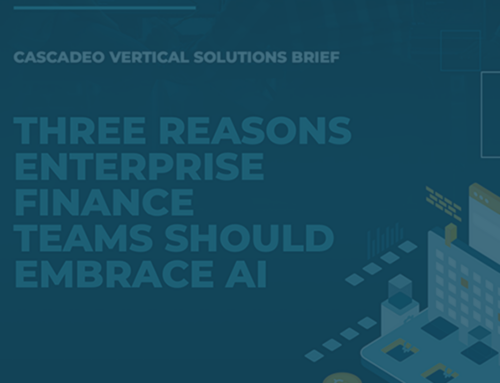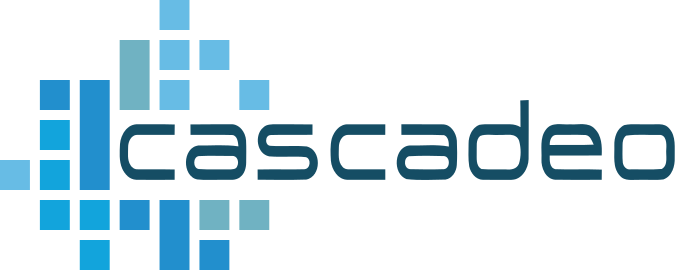
Generative AI adoption has implications that will cut across every industry and vertical, as it begins to be integrated in operations, ERP systems, and many other business applications. But how will gen AI change your specific industry?
How Will Generative AI Change Your Industry?
 Generative AI adoption has implications that will cut across every industry and vertical, as it begins to be adopted in operations, ERP systems, and many other business applications. With careful planning and implementation, you’ll be able to streamline a wide range of functions and free up staff from busy work to contribute more creatively and productively. But how will gen AI change your specific industry?
Generative AI adoption has implications that will cut across every industry and vertical, as it begins to be adopted in operations, ERP systems, and many other business applications. With careful planning and implementation, you’ll be able to streamline a wide range of functions and free up staff from busy work to contribute more creatively and productively. But how will gen AI change your specific industry?
Welcome to our Generative AI in Your Industry blog series, where we’ll discuss, over the next few weeks, the varied and overlapping use cases for generative AI across the industries where Cascadeo is helping clients grow and thrive, among others. In our first round of posts, we’ll explore in depth how generative AI can transform work in insurance, finance, telecommunications, retail & wholesale, and healthcare & life sciences. Here’s a preview:
Insurance
As we’ve discussed on the blog before, data is the future of business, and one of the most important reasons to embark on a cloud journey. In industries where data is essential to core functions, like insurance, the necessity and value of data will increase exponentially in the future. Data is both amplified by and essential to generative AI implementation. McKinsey recommends all industries prepare their existing data now, as they move toward planning their gen AI futures.
Meanwhile, one of the most valuable functions of generative AI is its ability to create and manage synthetic data, which can be used in machine learning functions and predictive modeling, potentially improving and significantly simplifying actuarial science.
Insurance enterprises will also benefit tremendously from customer service assistance, contract drafting, audit analysis, and hyper-individualized marketing, all powered by generative AI. Read more.
Finance
Generative AI-generated synthetic data has a substantial role to play in finance, as well. Predictive analytics for trading have typically relied on historical data, but can build on generative-AI originated synthetic data to create a variety of predictive models. Synthetic data can be used to train AI and ML algorithms, as well, for expanded opportunities to fully inform trading projections.
Gen AI will also play a role in the finance industry in code development assistance, business intelligence, enhanced customer support, and virtual banking. Read more.
Telecommunications
Telecommunications use cases for generative AI lean toward service functions, both internally and externally. Natural language outputs from LLMs will enhance and streamline customer chat functions and remote technician support. AI translation tools will support cross-cultural initiatives and international growth. AI supported predictive modeling and database management will also inform sales analysis and strategic planning. Read more.
Retail & Wholesale
The creative outputs of generative AI tools have the potential to transform both customer interactions and product development. Virtual try-on tools, virtual shopping assistants, hyper-personalized marketing, and customer support on-demand are a few of the ways gen AI will transform retail customer contacts across omnichannel sales outlets.
Fine-tuned foundation model AI tools will also generate marketing content, support product and packaging design, and inform market research and supply-chain management.
Healthcare & Life Sciences
With carefully planned compliance safeguards in place, generative AI has the capacity to transform both patient-facing and research functions in healthcare and life sciences. LLMs can support practice management and communications with patients and insurers, while generative AI diagnostic tools can eventually support doctor-led diagnoses. Generative AI will offer significant supports for life sciences research, from predictive modeling and synthetic data to database management and medical library research support. Read more.
Generative AI will introduce risks, as well, into all these areas, requiring care and expertise in implementation and ongoing utilization. Ethics and use policies will be essential, as will evolving safeguards against security risks, intellectual property infringements, digital hallucinations, and emerging threats that remain currently unknown. Even so, with the right guidance and professional support, harnessing the power of generative AI in the service of your industry-specific goals can help your business thrive. Join us on the blog in the coming weeks to read more about how to bring industry-specific generative AI functions into your growth strategy.




